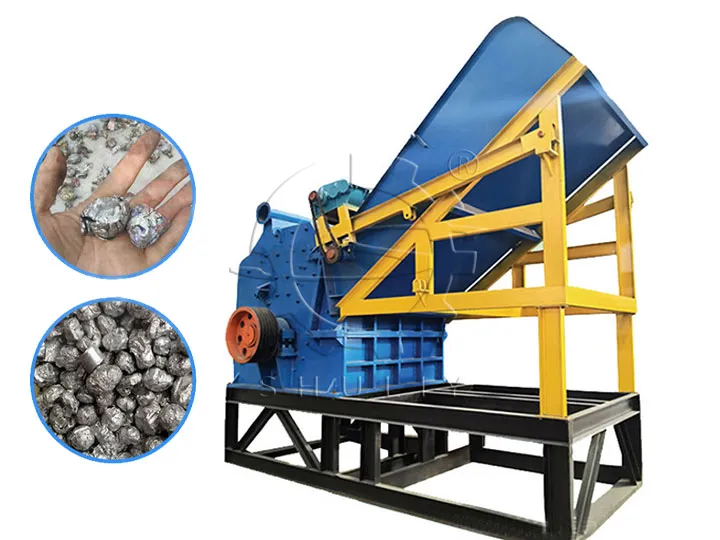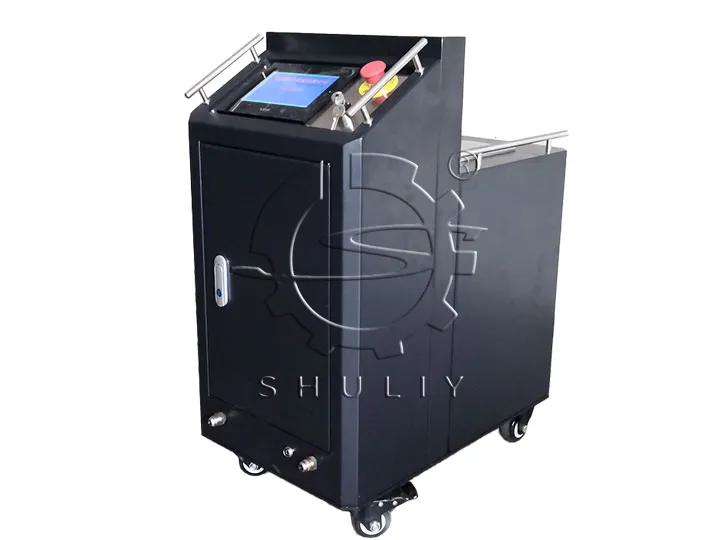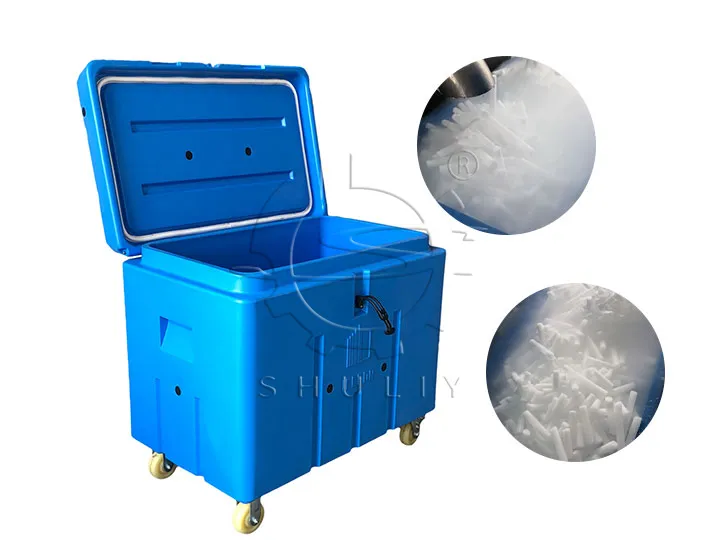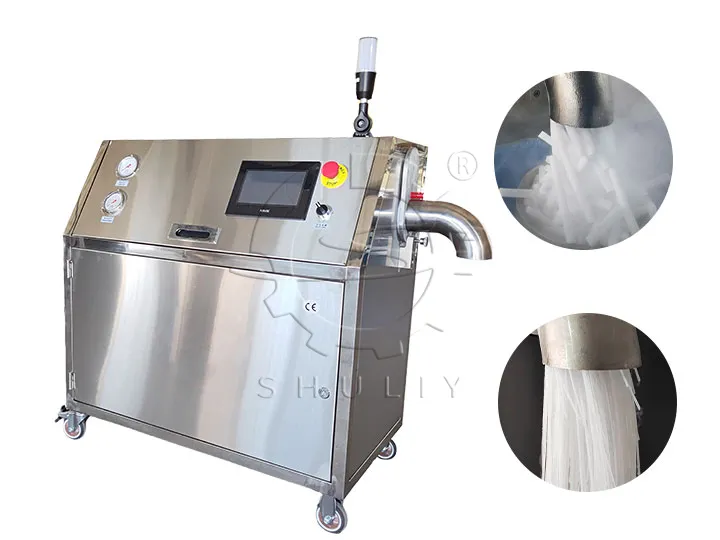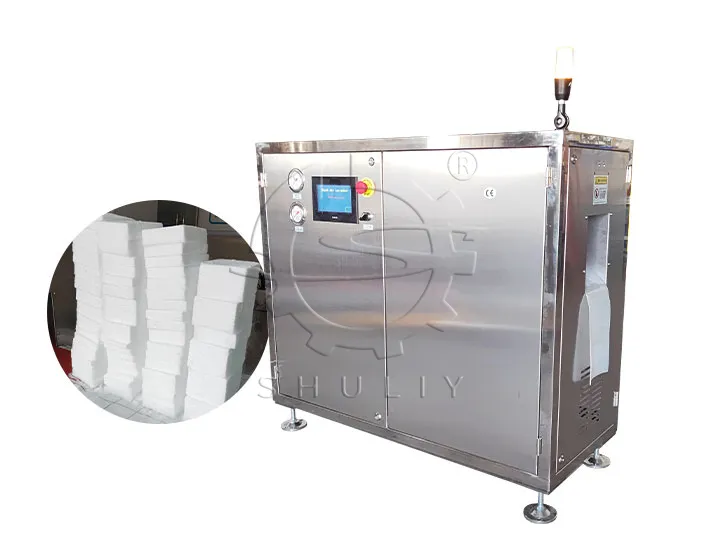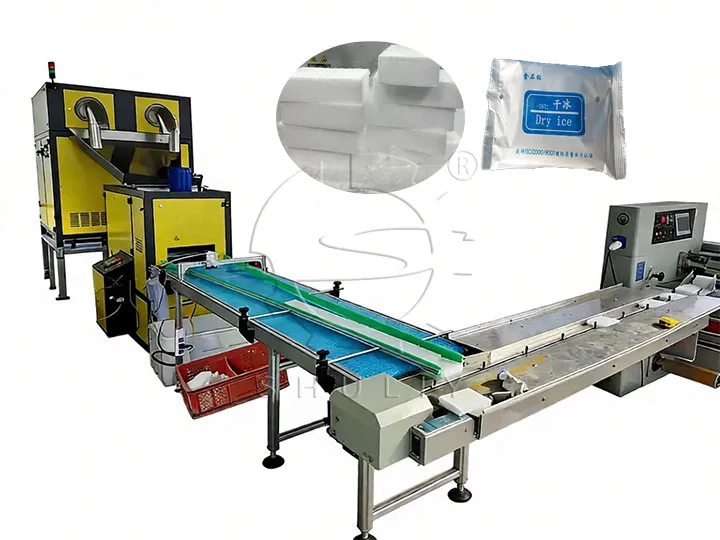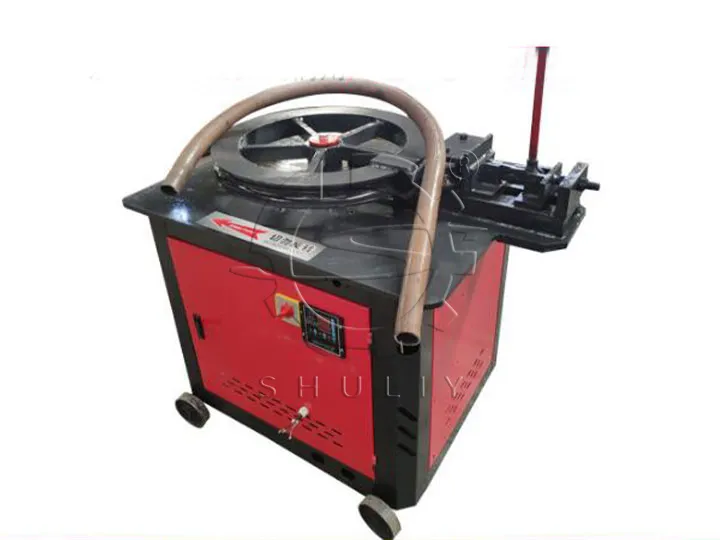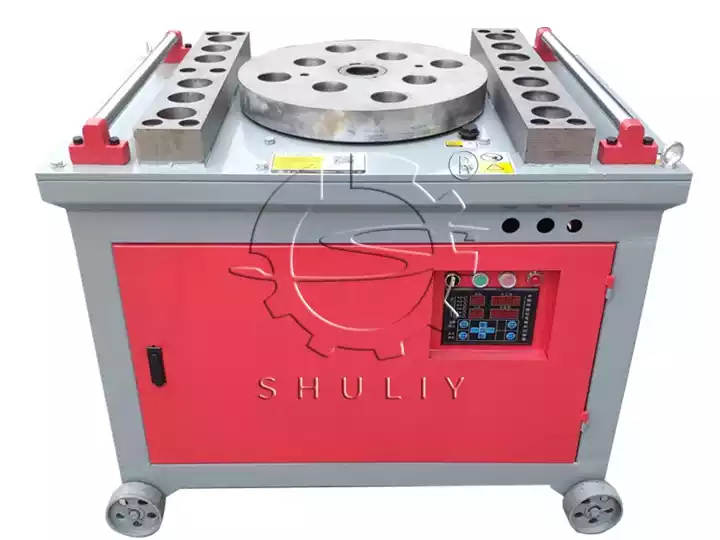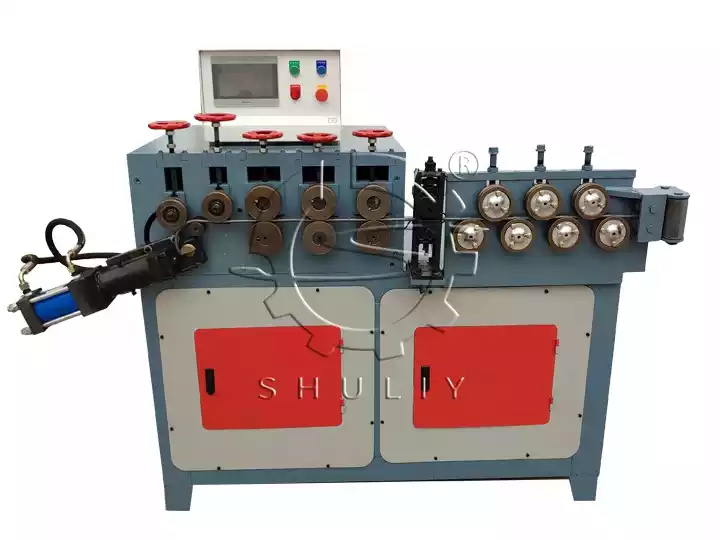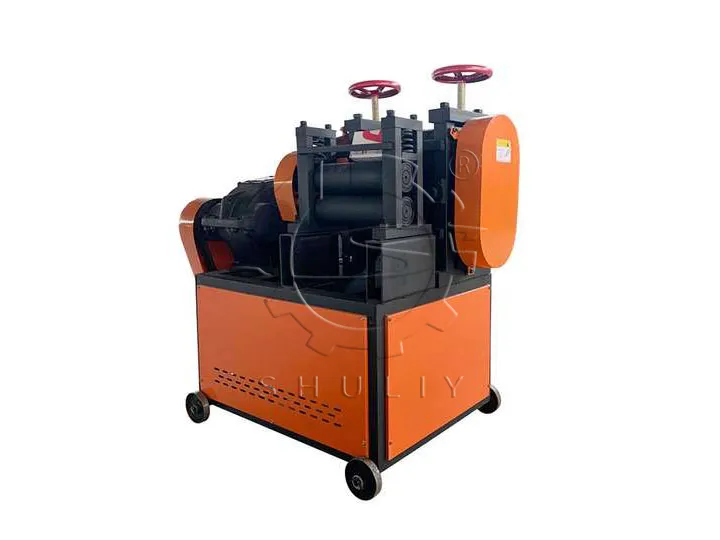Plastic products can be found everywhere in our daily lives, but do you really know about plastic recycling? Plastic recycling is an important environmental initiative that involves different types of plastics, from the common PP and PE films and plastic bags to HDPE drums and PET bottles. In this article, we’ll take an in-depth look at what plastic recycling is, the different types of plastic, and how you can recycle your waste plastic.
What Is Plastic Recycling?
Plastic recycling is the process of re-collecting, processing, and reusing waste plastic products. This involves recovering waste plastic products from the consumer end and then converting them into new usable products through various technological methods. Examples include processing waste plastic film into recycled plastic pellets and recycling waste PET bottles into recycled PET bottle flakes. Recycling of waste plastics helps to reduce the amount of waste going to landfill and reduces pressure on natural resources.
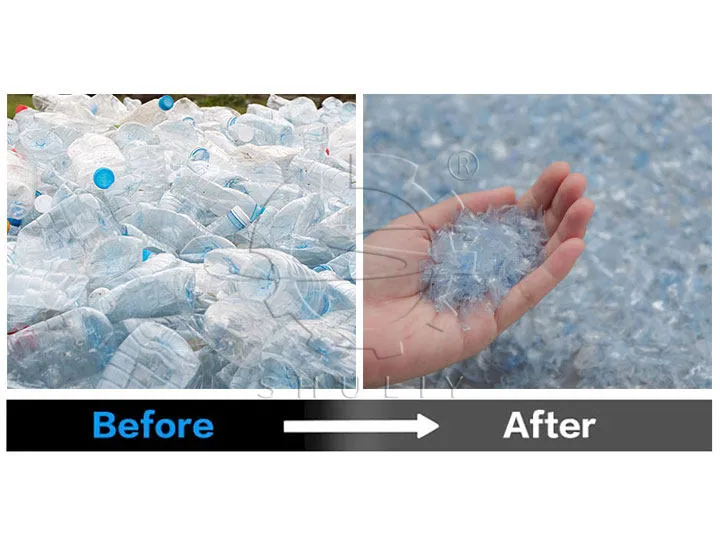
Different Types Of Plastics
Different types of plastics are treated differently in the recycling process. Understanding these different types of plastics can help make recycling and reuse more efficient. The following are common types of plastics.
- Polyethylene (PE): Includes high-density polyethylene (HDPE) and low-density polyethylene (LDPE), and is used to make plastic bags, bottles, pipes, and so on.
- Polypropylene (PP): has good heat resistance and chemical stability, commonly used in the production of food containers, bottle caps, medical equipment, etc..
- Polyethylene terephthalate (PET): High strength and transparency, commonly used for bottles, fibers, food packaging, etc.
- Polyvinyl Chloride (PVC): Good weather resistance and electrical insulation, used in the production of building materials, wires and cables, pipelines, and so on.
- Polystyrene (PS): There are two types, transparent and foamed, which are used to make plastic cups, food packaging, toys, and so on.
The Need For Plastic Recycling
The importance of plastic recycling lies not only in reducing waste but also in lessening its environmental impact. Inadequate disposal of plastic waste can lead to severe pollution of soil, water sources, and air. Through recycling, we not only diminish the demand for natural resources but also mitigate the ecological harm caused by plastic.
how to recycle plastic waste?
So after understanding the above issues, we are going to explore the following how to recycle waste plastics and process them into renewable resources. There are various ways to recycle waste plastics, and one of the key ways is through the use of specialized plastic recycling machines. These machines are able to take discarded plastic products and process them, breaking them down, washing them, and ultimately converting them into usable raw materials.
Taking recycling of waste PP PE film as an example, the waste plastic is firstly crushed into small pieces using a film shredder machine, then cleaned and dried, after which it enters the most crucial pelletizer machine to heat and melt the plastic and extrude the plastic into long strips, which are then cooled down and cut into plastic granules. The use of plastic recycling machines makes the recycling process more efficient and environmentally friendly and provides viability and sustainability for plastic recycling.
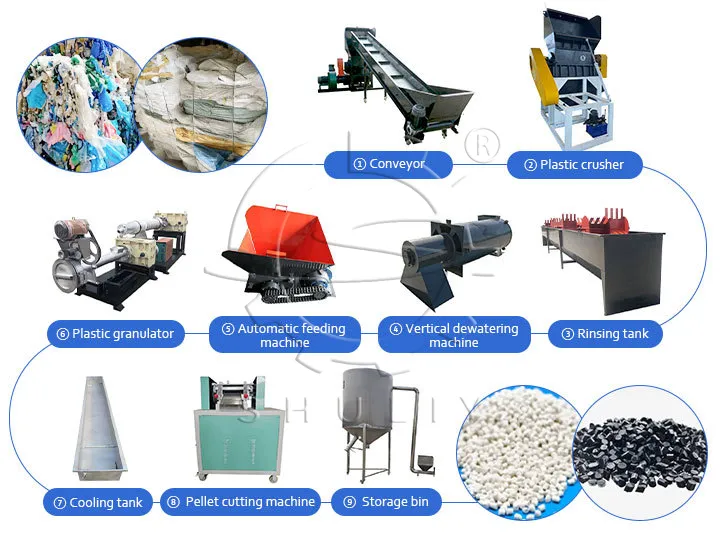
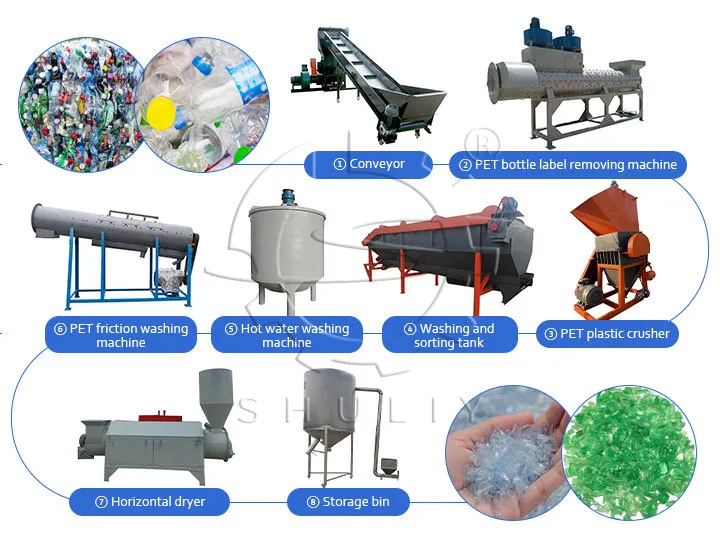
Recycling Machine Manufacturer
Seeing this, I’m sure you’ve got a general idea of how to recycle waste plastics, and if you have a large amount of plastic waste that you don’t know what to do with or you’re ready to start your plastics recycling business, it’s vital that you choose a significant recycling machine manufacturer. We have been exporting recycling equipment for more than ten years, and our equipment has been exported to many countries, if you are interested you can check the cases on this website. Shuliy Machinery’s recycling equipment can process all kinds of plastics, and we can customize the production line according to your plant area, plastic-type, and output requirements. If you have any questions, please feel free to leave a message at the bottom of our website.

